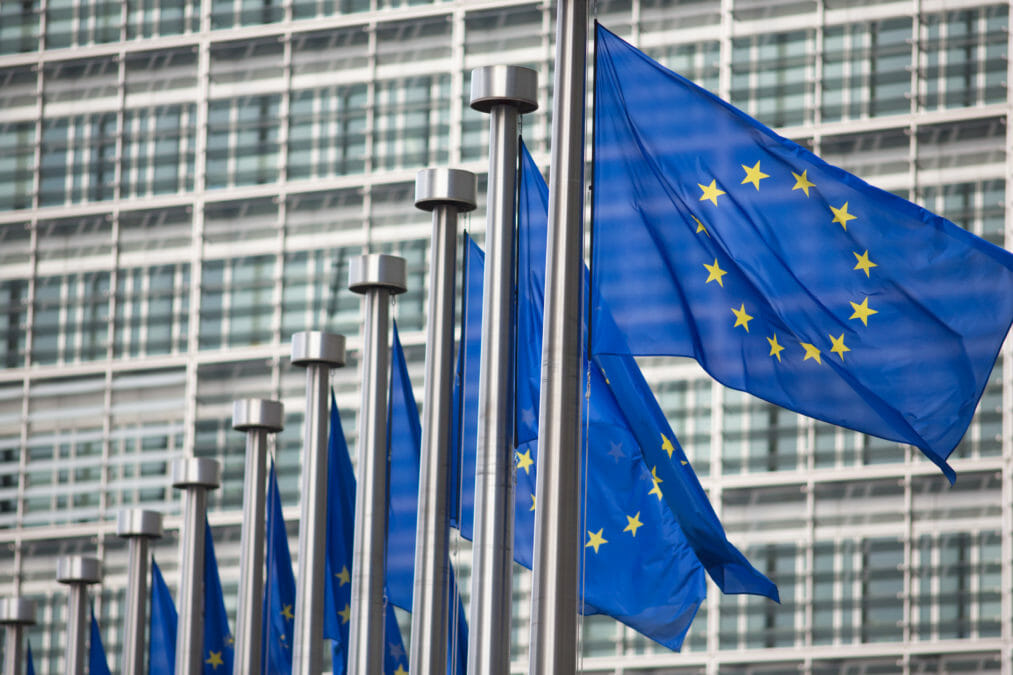The European Commission has announced seven new ‘top priorities’ for its digital policymaking in the coming years.
They are as follows:
1. Create a new and stable broadband regulatory environment
"The commission's top digital priority for 2013 is finalising a new and stable broadband regulatory environment," it said in a statement. The EC will issue ten recommendations next year to encourage member states to invest in broadband infrastructure while preserving network neutrality and promoting universal access.
2. New public digital service infrastructures
The EC will "fast-track" digital public services including eletronic identity systems and electronic health records
3. Launch grand coalition on digital skills and jobs
The commission will "fast track" digital public services including eletronic identity systems and electronic health records. To prevent 1 million IT jobs going unfilled by 2015, the EC will "co-ordinate public and private sector actions" to promote IT skills and training.
4. Propose EU cyber-security strategy and directive
It will define a minimum level of cyber-security "preparedness" for member states,
5. Update EU's copyright framework
The EC will "seek a solution of copyright-related issues … via a structured stakeholder dialogue" and complete its review of the copyright legislative framework.
6. Accelerate cloud computing through public sector buying power
The EC hopes to encourage public sector cloud adoption to create "the world's largest cloud-enabled ICT market".
7. Launch new electronics industrial strategy
There will be a new strategy for Europe's micro and nano-electronics industries
The new priorities follow a policy review of the Digital Agenda strategy, launched in 2010.
"The Digital Agenda has met many of its targets and is on track to meet many others," the EC said. These include an increase in Internet usage in the EU, growing use of e-commerce, and wider high-speed broadband penetration.
Interesting Links
"However significant differences remain among different member states, differences which require active European policy action to minimise and eliminate."
"Full implementation of this updated Digital Agenda would increase European GDP by 5%, or €1500 per person," it claimed.










